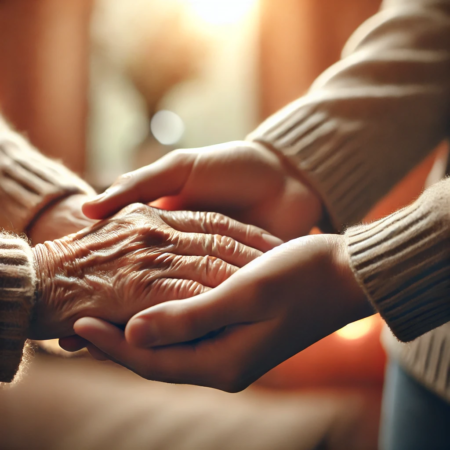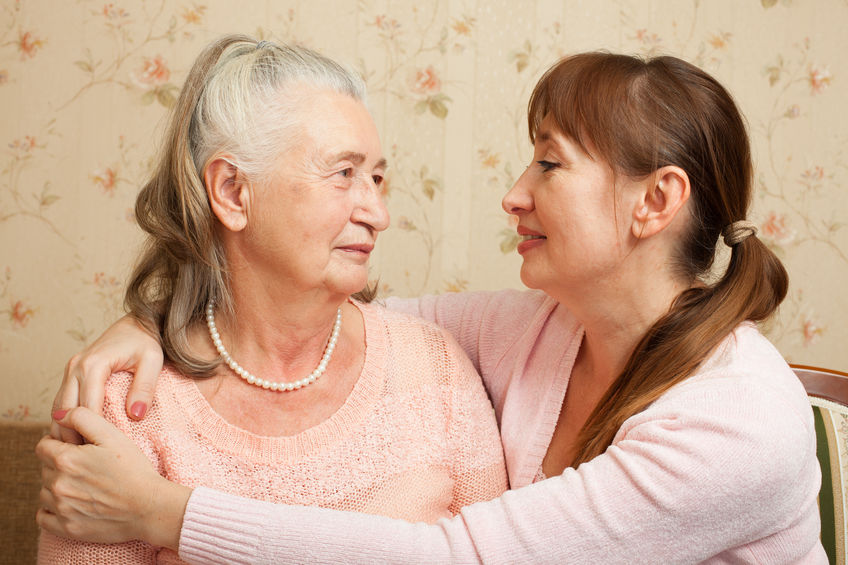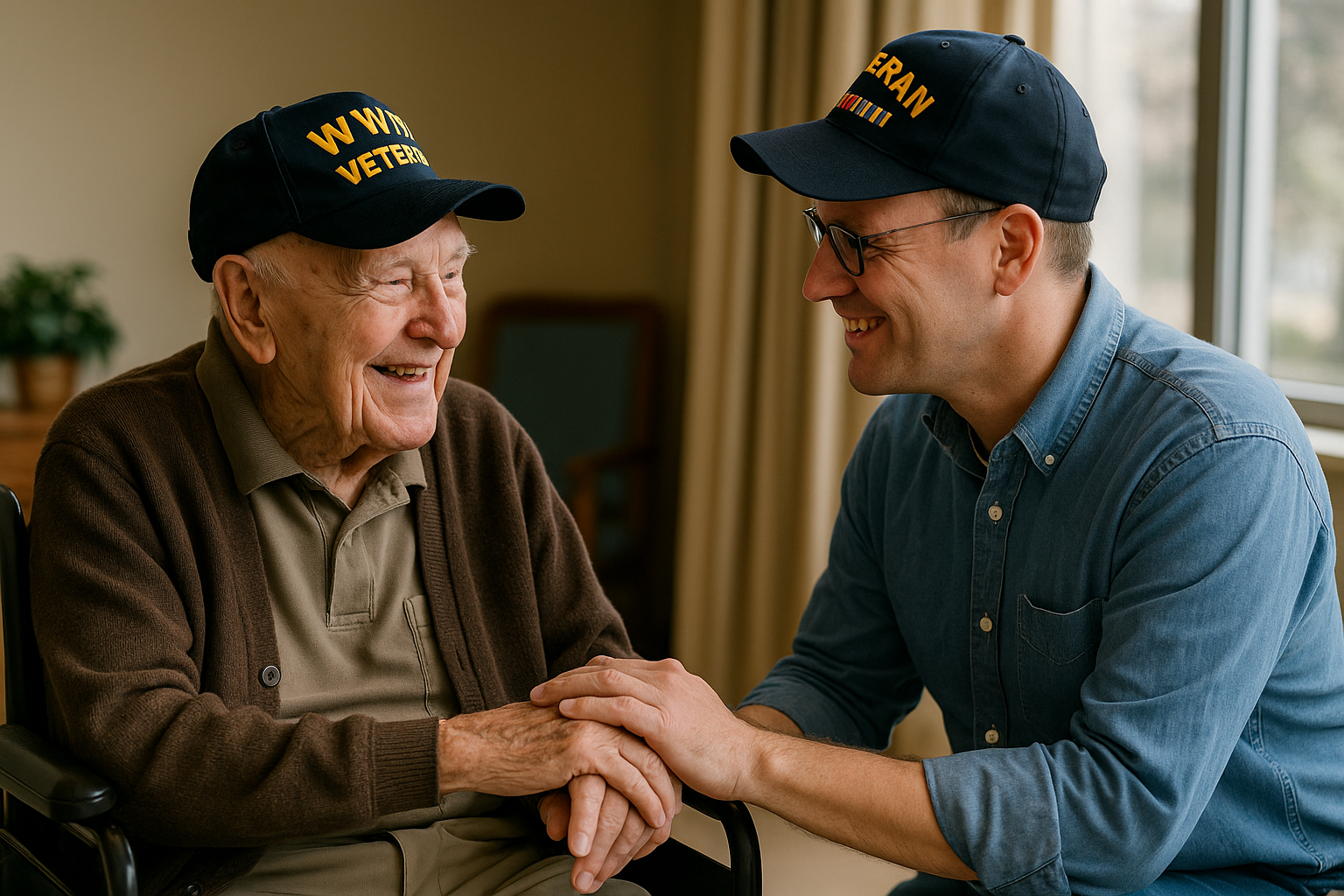Be Careful What You Read First Thing in the Morning!
It can shift your perspective on your whole day. I, for one, am very glad that I read “Age is not a destination” by Devi Lockwood. In her article, she interviews 14 centenarians, people who have lived 100 years or more, and shares their wisdom with us. While reading, I found myself pausing to reflect on the things I’ve heard over the years while visiting people in nursing homes. In doing so, I realized just how grateful I am to have experienced these moments of connection.
What I Remember
I believe the first centenarian I met was Mimi. Mimi was 103 years old. At the time, I volunteered at nursing homes as a musician and had gone to her community to do just that when I first encountered her. I remember setting up my gear and seeing an older woman scurry by, pushing another resident in a wheelchair. I soon realized she was bringing people, quite a few people, to the dining room where I would be playing.
After about 40 minutes of playing, I thanked everyone for coming and began packing up my equipment. As I was doing this, I saw the same older woman pushing people back to their rooms.
At one point, she stopped to thank me for coming. I asked her name. “Mimi,” she shot back. I asked if she enjoyed the music. “Yes!” she said. And then added:
“You see, my body may be broken,
but my heart still works.”
I stood there in shock. I couldn’t believe what I had just heard. I thought about her words for the rest of the day, and now, 30 years later, I’m still thinking about them.
We Put Such a Premium on the Physical
We place such a high value on bodies that will inevitably break—and while we should take care of our health as best we can, should that mean we forget the unseen parts? What about our essence, our feelings, our emotions, our spirit—our “heart”? There is so much focus on physical well-being in nursing homes that we can easily lose sight of the fact that there’s more to being human than the state of your body. Life is not just physical.
I remember Clarence, who, at 92, was nearing 100. He once told me,
“To be human is to have someone to love and
to be loved by someone.
As far as I can tell I am still human.”
Again, I found myself pausing to reflect on the truth of what he expressed. What does it feel like to be loved? And conversely, what does it feel like to be unloved? How lonely and stark it must be to think that no one cares for you anymore– that you’ve been forgotten.
In another instance, I was visiting a woman in a nursing home when a nurse’s aide approached with a small paper cup containing her medications. The woman took the cup, held it up for me to see, and said,
“This is what they think I need. But what you’re doing for me right now is what I really need.”
You Better Be Making Good Memories…
As I continued reading Lockwood’s article, memories of past conversations came flooding back.
One memory remains especially vivid. I can still see the room and the bench where we sat. I was with an older woman who had been the church organist and had given piano lessons for years.
She was now living with macular degeneration, which would eventually leave her blind.
As we spoke, she confided in me that she loved to read, but knowing she would soon lose her eyesight, she said,
“I realize that one day I won’t be able to read anymore. When that happens, all I’ll have left are my music and my memories,” then she looked directly into my eyes and said,
“You better be making good memories.”
Once again, I was stunned. Who says things like that? How does one consciously make good memories?
I asked her, “What do you remember?”
She replied, “All of my piano students and the people I helped.”
That day, and even now, I think about the memories I’ve made—and the ones I’m still making. If I were to lose my sight, what would I have left? Like her, I would have my music and my memories. Thankfully, I can say I’ve made some good ones.
Can You Understand Why…
Can you understand why I’m so passionate about promoting the idea of “companion” volunteers? The friendships I’ve formed and the conversations I’ve had over the years have given me a library of good memories.
I don’t think my experience is unique, as I’ve heard similar stories from other volunteers in nursing homes. It’s life changing. The experience provides a new perspective on life and living. As companion volunteers, we hear stories and receive insights that change us. We come to realize that one day, we too may lose our ability to care for ourselves. What will we have left then?
With All That Said…
I encourage you to reflect on the memories you’ve made—and the ones you’re making. What do you remember? Whom have you helped? What have you heard that made you stop and think?
I’ve come to think of nursing homes as:
“Libraries with Living Books.”
Visiting people in these homes is like drawing from a well of wisdom and life experiences.
I promise—you’ll leave with a new perspective on life and living.
My hope…
My hope is that this post stirs something deep within you. That it ignites a fire of compassion and compels you to act. The experiences Devi Lockwood and I have shared with older adults are not rare—they are out there, waiting to be discovered by anyone willing to listen. Every person in a long-term care community holds stories that can change your life, if only you take the time to hear them.
But this isn’t just about them—it’s about you, too. When you become a companion volunteer, you are not simply offering your time; you are opening yourself up to profound moments of connection, wisdom, and truth that will transform you. You will walk away richer in spirit, with memories and insights that will stay with you for the rest of your life.
So, I urge you—don’t wait. Don’t let these opportunities pass by. Take that step today. Visit someone. Listen to their stories. Become a companion volunteer and feel the life-changing impact on your own soul. Join us at NALTCV and be part of something bigger than yourself. The time is now to make a difference in someone’s life—and in your own.




